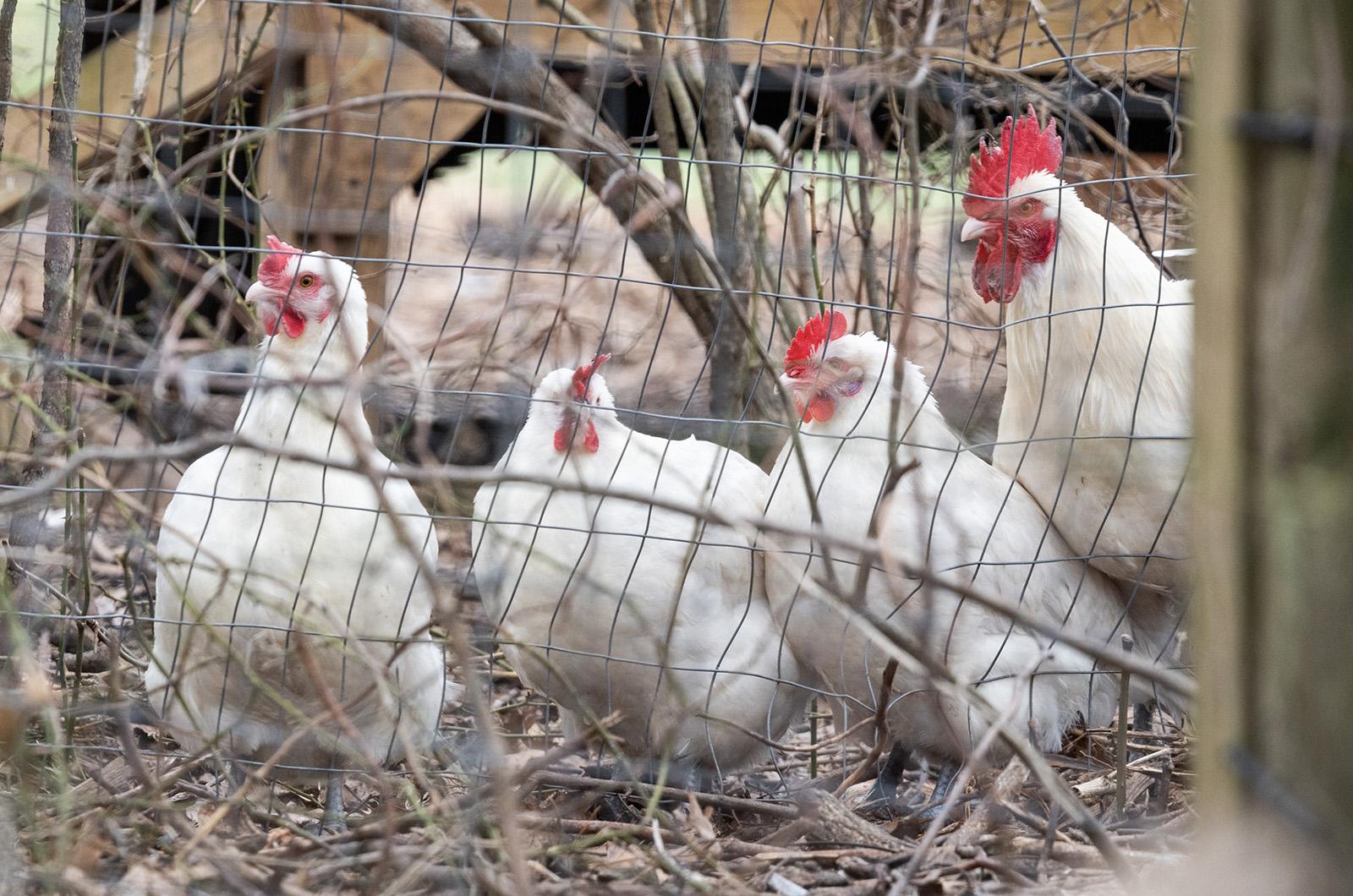Though influenza, colloquially known as the flu, is endemic, meaning always-present, the latest eruption of highly pathogenic avian influenza (HPAI) is causing concern.
Influenza is a viral infection of the respiratory system. A virus is a pathogen that consists of a strand of DNA or RNA that is usually encased in a protective shell, called a capsid. Viruses can lack that capsid, and those that do are considered naked. These pathogens are predators of a sort, requiring a host in order to reproduce, and causing illness (and sometimes death) to that host.
Scientifically, influenzas are in the family Orthomyxoviridae. The family name is loosely translated from Greek root words as straight mucus. Within that family are seven genera, four of which can induce influenza in humans and birds.
Avian flu, a type of influenza, has been detected in birds across the state and nation. Two varieties of this flu are low and highly pathogenic forms, and it is the latter that will lead to bird morbidity and mortality. The former variety is enzootic (endemic in nonhuman population), but usually doesn’t lead to illness and death as does the highly pathogenic version.
Wild birds, especially waterfowl, are susceptible, though the virus can also affect shorebirds and other species. While the loss of these wild-winged wonders is of itself concerning, avian flu’s ability to infect domestic birds can have a devastating effect on food supply (meat and eggs) as chickens, turkeys and ducks can quickly get infected, spread the disease and succumb in large numbers. While this wildlife virus can infect humans, it is most likely to affect those who spend a lot of time with birds and are exposed to their flesh, feces and secretions — think poultry workers.
Protective measures for your own backyard flock include keeping domestic birds inside their enclosures, not mixing your birds with other wild or domestic flocks, and not feeding your birds raw flesh, milk or other uncooked animal products that could be infected. And refrain from chicken nuzzling.
For those that interact with wild birds, especially those species of concern, protective equipment is recommended. Report deaths of multiple (three or more) wild or domestic birds so that avian flu testing can be done. Human consumption of chicken and their eggs is considered safe as long as your meal is cooked appropriately.
And as if you need another reason to keep your dogs on leashes and your cats indoors, this is a good one. Both types of pets can be infected and can spread the virus. Resources for learning about and protecting yourself and your pets from HPAI can be easily found online, as is information for reporting dead wild and domestic birds.
Suzan Bellincampi is director of the Felix Neck Wildlife Sanctuary in Edgartown, and author of Martha’s Vineyard: A Field Guide to Island Nature and The Nature of Martha’s Vineyard.







Comments
Comment policy »